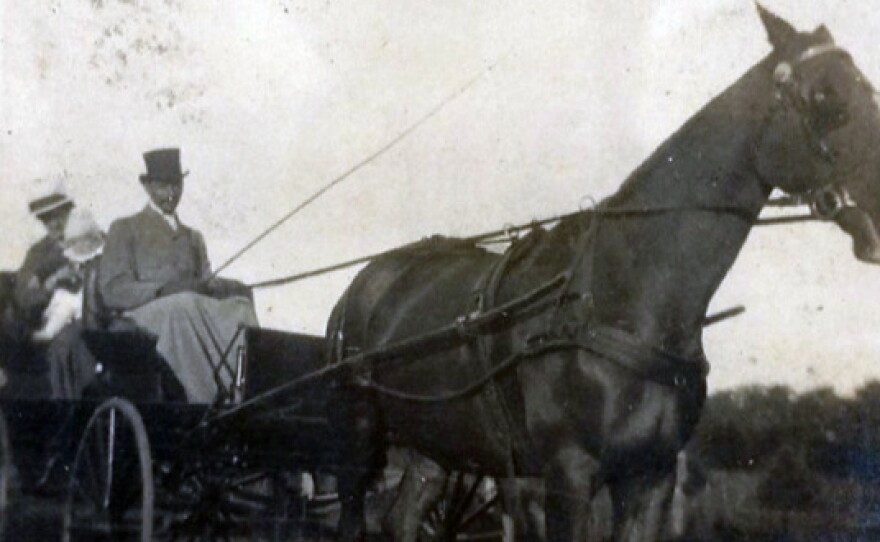Albemarle County filmmaker Lorenzo Dickerson began researching his family’s genealogy to support his documentary, The Coachmen, a film about his great-great grandfather.
“I was only able to take my research to about 1860, which is typical for African Americans in this country,” said Dickerson.
He speaks about his experience searching for his family in the latest episode of Hidden History with Brian Bullock.
Researching family trees for European Americans and African Americans are two very different experiences. A deep dive into a white family’s history can be as easy as a long weekend scouring a website such as ancestry.com. Even without DNA testing, accessible statistical data — like birth and death records, census records, deeds and even church marriage records — can create full and accurate family trees for European Americans dating back more than five centuries.
However, prior to Emancipation in 1863, birth and death records for enslaved people of African descent in the United States were not regularly kept by local municipalities, churches or enslavers. Because the enslaved were considered property, they were not allowed to own land and their names did not appear on paperwork like deeds. And census takers often did not name enslaved workers as members of the household where they were forced to work. In most cases, enslaved people were listed oldest to youngest, with no accounting for family structure, making tracing a lineage even more difficult.
With so many hurdles to finding his family, Dickerson turned to researcher and Albemarle-Charlottesville Historical Society board member, Sam Towler. Towler is known in Central Virginia for achieving results using nontraditional methods for researching the history of African American families. In addition to census rolls and vital records, Towler scours old, unopened court records to find passing references to enslaved workers so that he can connect genealogical dots. In this way, he discovers family lineages and histories previously unknown.
Using these techniques, Towler helped Dickerson build out his family tree and complete the research needed for his film. Because of Towler’s work, Dickerson discovered new connections to names and places near the community where he grew up. He even discovered a woman in the community who was a distant cousin.
“I know Diane Brown Townes, but we never did figure out exactly how we are connected, until Sam came into the picture to connect us,” said Dickerson.
For the filmmaker, this recent, deep understanding of his ancestry is vital to his life today.
“Before I started to have kids, I wanted to delve into my history as much as possible and build out my family tree,” said Dickerson. “Today, I have two sons. And they have their family tree on their wall, poster size, with pictures and everyone’s name.”
African Americans should explore their own roots, Dickerson told Bullock, and ask questions of their elders and family members who can fill in their family history.
“Genealogical research is really important to African American families because we were deliberately disconnected from that history,” said Dickerson. “Today, we can go back, figure out this information and reconnect ourselves to this place, and to the people that are here.”
Watch Dickerson and Towler talk about the importance of ancestral history and unique methods of uncovering family trees in the latest episode of Hidden History with Brian Bullock on the new VPM History YouTube channel.
Check out the Hidden History website to catch up on past episodes. And stay tuned for more Hidden History this month in celebration of Black History!








